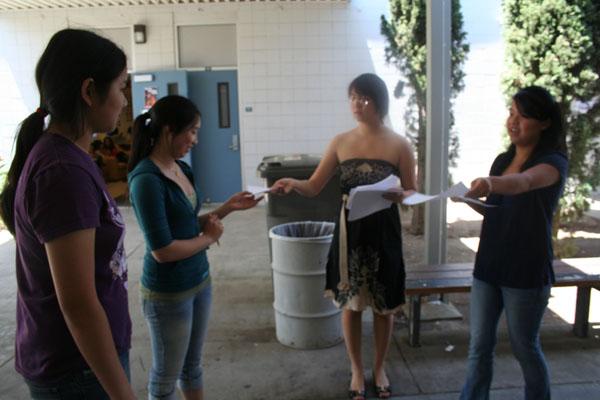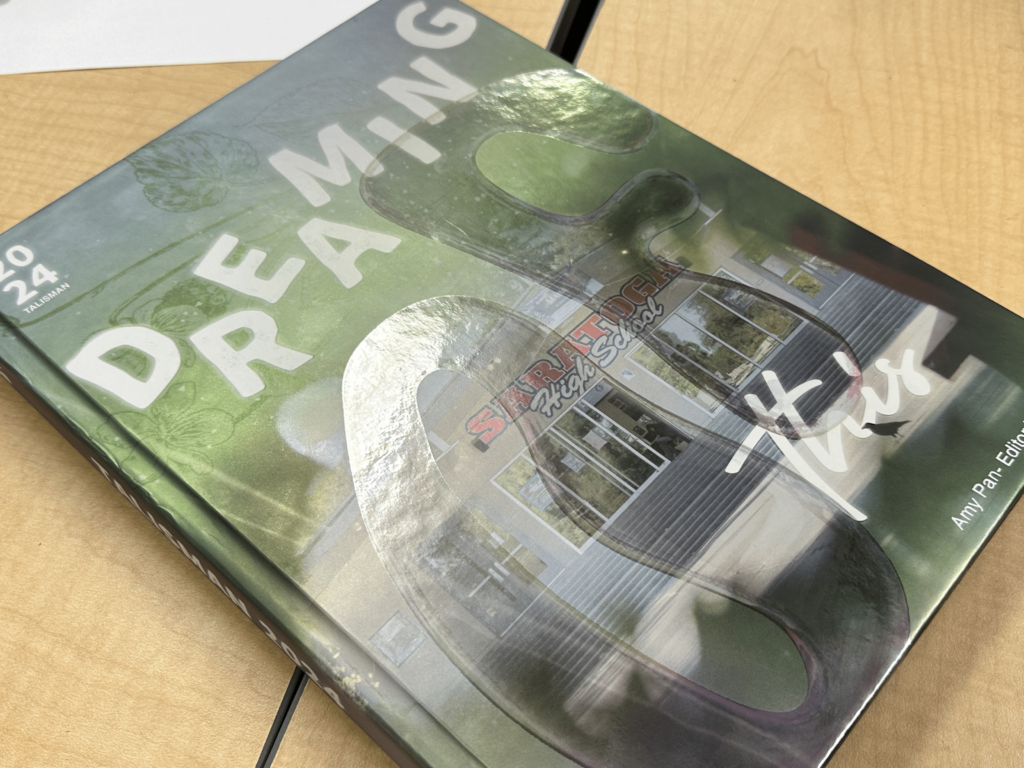Do you ever wonder whether or not chocolate is a guilty pleasure for girls? Have you ever wanted to know if sleeping can prevent sicknesses? Or if having multiple piercings can affect your GPA? For the past month and a half, statistics students have been researching the answers to these questions.
As the students prepared for their AP exams back in April, Statistics teachers Mike Navrides and Seema Patel handed out the final project of the year. Topics, which need to be approved by the teacher, range from prom shopping to possible correlations between playing an instrument and typing speeds. Memorable projects from past years include a GPA comparison between band students and non-band students, a study on senioritis and research into whether juniors tend to park in senior parking spots more after lunch.
“Students can apply the concepts they have learned during the year to a topic of interest for them,” said Navrides. “[They] enjoy doing the projects because they get to practice what they have learned during the year. It is a nice way to end the school year, as students have plenty of time in class to work on the project.”
The long span of time given for the projects makes it feel very easygoing. Students enjoy the fun research and the absence of homework.
“It’s not that bad since we have a lot of class time to work on it,” said junior Joleen Tseng. “We don’t have any homework at all right now.”
By finals week, the students will have organized their data into presentations for the class. Treated as a final by some students, the projects cover much of the information taught during the entire course, although not everything is covered.
Groups consisting of two or three students work together and draw randomly chosen students out of classrooms to gather data for their final presentations. Often welcomed by students, the interruptions can be seen as an annoyance by teachers due to the looming finals. Sometimes, as many as five randomly chosen people can be called out of a classroom at the same time for the quick interviews. To prevent unwelcome intrusions, students are told to contact the teachers beforehand.
“While many groups follow the directions, some do not and that makes it difficult for everyone,” said Navrides. “Both Ms. Patel and I are grateful to the staff for allowing their students to participate in these surveys, despite the unfortunate interruptions.”



























